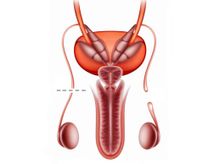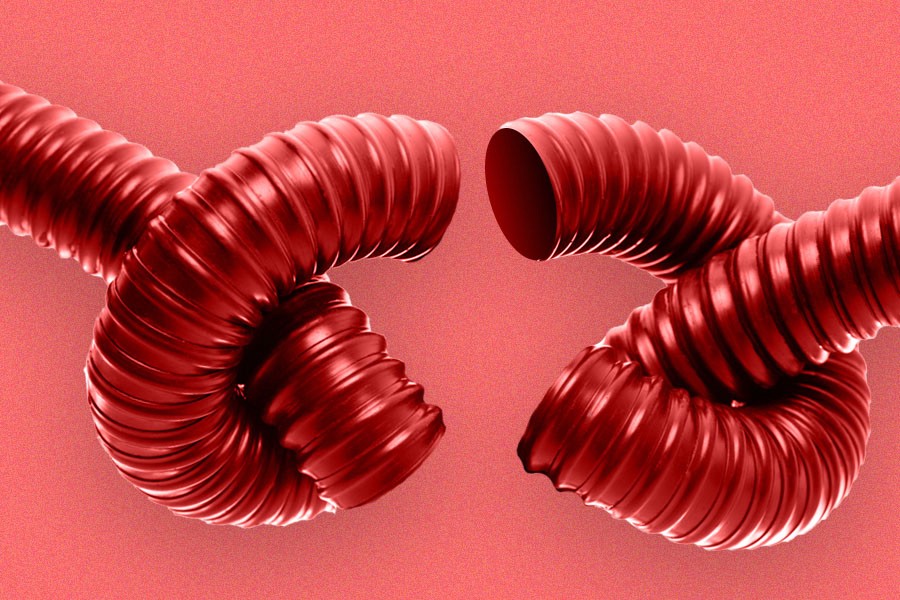Reverse Vasectomy in Panama
Search and Compare the Best Clinics and Doctors at the Lowest Prices for Reverse Vasectomy in Panama

No Time?
Tell us what you're looking for and we'll reach out to the top clinics all at once
WHY US?

No Time?
Tell us what you're looking for and we'll reach out to the top clinics all at once
What does a Reverse Vasectomy Procedure Involve?
The surgery is performed under local, general, or regional anesthesia under the supervision of an expert urologist. A cut is given on the scrotum which opens it making the ductus deferens visible. The duct is released from the surrounding tissues and the doctor proceeds with the surgery. There are two known methods for the reversal of vasectomy:
- Vasovasostomy: In this method cut edges of the vas deferens are connected together through stitches. The surgeon sews the ends of this tube together. This reconnects the ductus deferens and the path of semen from testes to the penis is restored. This method has a lower success rate than vasoepididymostomy.
- Vasoepididymostomy: This procedure is far more complex than the one mentioned above and is performed only when the success rate seems very low with vasovasostomy. In vasoepididymostomy, severed vas deferens is connected to epididymis rather than the other end of the tube. This results in a direct transfer of sperms into the semen present in the duct. The success rate is higher in this method. Sometimes both these procedures are performed side by side. Vasovasostomy at one side and vasoepididymostomy at the other.
Only the urologist can decide which procedure should be chosen for you. However, a vasovasostomy is performed if the sperms are present in the vasal fluid. If not, vasoepididymostomy is performed. It causes the sperms to move from testes to epididymis and from epididymis to the vasal fluid.
How Long Should I Stay in Panama for a Reverse Vasectomy Procedure?
Performed in the outpatient department, reverse vasectomy is not a lengthy procedure. The surgery requires only 2 to 4 hours after which the patient is discharged on the same day from the hospital after he returns to consciousness. Still, the patient is under the influence of anesthesia so he needs someone to be with him. As far as stitches are concerned, they dissolve themselves after a few days. You should plan to stay in Panama for at least 2 to 3 days after your surgery, this will allow for the initial recovery and follow-up check-ups, etc.
What's the Recovery Time for Reverse Vasectomy Procedures in Panama?
The recovery time after a reversal vasectomy varies from person to person. It usually takes 5 days to 2 weeks for the recovery. In the first few hours, the patient is woozy due to anesthesia. There is nausea, muscle pain, swelling, fatigue, and sore throat. After the effects of anesthesia fade away the day after surgery, pain is elevated. The recovery process is completed in 2 weeks.
What sort of Aftercare is Required for Reverse Vasectomy Procedures in Panama?
The incision is stitched and covered with bandages. There is pain after surgery which varies from moderate to severe. Pain killers are prescribed to relieve the aching body. For soreness and swelling, ice packs are used. Keeping your legs above the head level might also be beneficial in reducing swelling. Ice packs are applied every half an hour for 10 minutes. Bed rest should be taken to avoid excessive movement of testes during activity. Ask the doctor when to remove the bandages. Besides all the things mentioned above, the following points should be kept in mind:
- Keep the site of surgery dry. Avoid taking a bath or swimming for at least 1-2 days after surgery.
- Avoid all such activities which cause excessive testicle movements such as jogging, running, etc. for 6 to 8 weeks after being operated upon.
- Use sports underwear for several weeks which is tight enough to keep the testes in place.
- Do not have sexual intercourse soon after undergoing surgery. Ask your surgeon when it is fine to have intercourse and to ejaculate. You should not be ejaculating for 2 to 3 weeks after surgery.
- It is advised to take rest if your job is hectic and requires physical work. However, if you do office work, you can return to it a few days after surgery.
What's the Success Rate of Reverse Vasectomy Procedures in Panama?
The success rate is variable and depends upon the individual case. Sperms come into the semen after 4 to 6 months of surgery. Your doctor regularly checks your sperm count till it returns to normal. In vasovasostomy, 6 to 12 months are required to restore the normal sperm count in the semen. While in the case of vasoepididymostomy, it might take longer. Once the sperms come back to the semen, chances to conceive can increase with the passage of time. the success rate also depends upon a number of other factors including any other illness or disease, age of female partner and the quality and quantity of sperms present in the semen.
Are there Alternatives to Reverse Vasectomy Procedures in Panama?
A reverse vasectomy might not always be successful. There are various reasons for its failure such as any other testicular diseases. In case it fails, another surgery can be performed. If it does not work, following is the alternative for reverse vasectomy:
In vitro fertilization (IVF) of the ovum: Sperms are removed directly from the testes or epididymis using a syringe or through surgery. Success rates are higher if the female partner is younger. This procedure is way more expensive than the reversal of vasectomy. Also, there are no chances of another pregnancy. While reversal is cheaper, aids in natural birth and chances of future pregnancies are also there.
Fertilization through a donated sperm is another option. You can either get sperm from a suitable donor from a sperm bank or you can use your own frozen sperms that were stored before vasectomy. Sperms are removed through a syringe and frozen under suitable conditions.
This information has been accurately sourced and verified by a medical professional for its accuracy, however, we strongly recommend you to consult with your doctor before pursuing medical procedures overseas.
